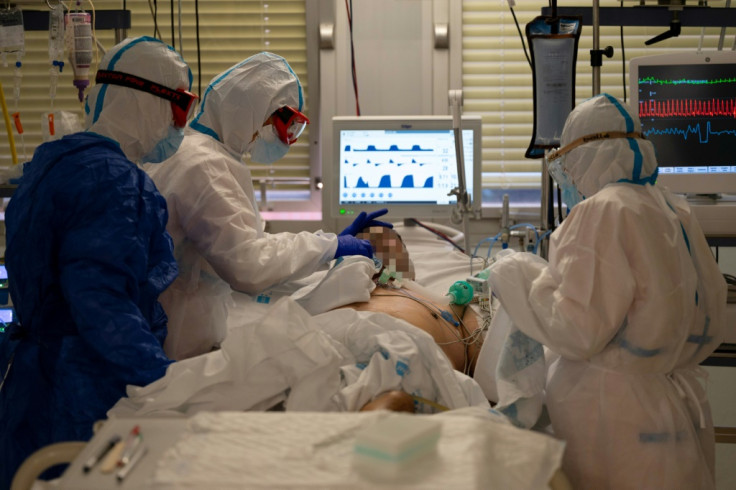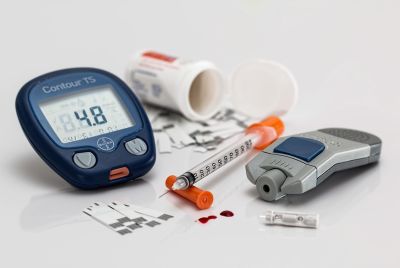Man endures 3-hour long erection because of COVID-19
Twelve hours after he was placed in a prone position, medics turned him face up and were surprised that he had an erection.
A new and formerly unheard of complication of COVID-19 is priapism. A patient endured a three-hour prolonged erection and it was discovered to be an unusual complication of the disease.
A study, published in the American Journal of Emergency Medicine, revealed that one of the rare side effects of coronavirus was priapism, otherwise known as prolonged erection. The study on the U.S. patient who dealt with the condition was published only in January albeit the patient had his bout with COVID-19 in 2020.
According to Fox News, it was in August of 2020 when a male patient was admitted to the hospital for COVID-19. He was 69 years old, with his age and his body condition, that of being obese, putting him in the high risk group for COVID-19.
The patient was admitted to Ohio's Miami Valley Hospital and the diagnosis was that he was already having a severe case of COVID-19. Some of the symptoms observed by medical practitioners were fluid buildup in the lungs, inflammation and breathlessness. He was placed on a ventilator but his condition worsened.
Ten days after, health personnel turned him face down in a prone position since his lungs also started failing. COVID-19 patients with a severe case of the disease are often turned face down to help the oxygen move throughout their body.
Twelve hours after he was placed in a face down position, medics turned him face up and were surprised to see that he had an erection. Three hours passed and it seemed that ice packs did not do anything, hence, the medics resorted to draining blood from the patient's penis. It did the job and the condition did not recur. Although the patient eventually died from other coronavirus complications, his rare condition caught the attention of health experts.
Medical practitioners stated that the symptom may have been caused by the overreaction of the immune system, often referred to as cytokine storm. There are doctors who described it as an "interesting manifestation."
"We haven't seen any cases of COVID-related priapism like this, and we have dealt with more COVID patients than any other European hospital as far as I'm aware, so this is clearly a rare but explainable manifestation of COVID," Dr Richard Viney of Queen Elizabeth Hospital stated in Daily Mail.
He said that in the patient, there was a flow priapism, which means that little clots form in smaller blood vessels such as those in the penis. They also see similar complication in other organ systems of the body.
© Copyright IBTimes 2025. All rights reserved.






















